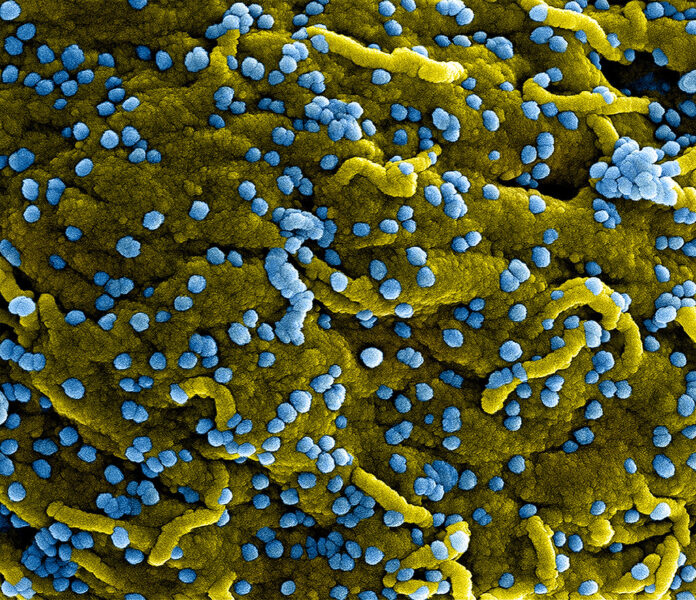Recently, the has been an ongoing debate about the possibility of getting coronavirus reinfection merely a few weeks or months after recovering. Although scientists initially thought that the chances are very low to none, a recent case of reinfection has been reported in Hong Kong, which suggests the need for further research on the topic.
Previously, a number of studies had shown that the coronavirus antibodies in the blood can disappear within a very short time span after recovering, which suggested that the immunity to the infection may not actually last very long.
Such findings lead to a reconsideration of the majority of the plans associated with the end of the ongoing pandemic, particularly those which were based on the idea of achieving herd immunity.
However, many of the infectious disease experts suggested that the immune system is much more complex and a lot more research is required to whether the immunity to the virus actually fades within a mere period of weeks.
In addition to antibodies, a lot of other factors also play a fundamental role in protection from a pathogen. For instance, one research found T cells, which are an essential part of a person’s immunity, are also a part of it.
So, the low levels of antibodies within months of recovery are not sufficient enough to conclude the immunity goes away and a person who has had the infection can get it again.
However, the recently reported case of coronavirus reinfection in a man from Hong Kong shows another interesting angle in the case. The details of the case are not yet fully known and are expected to appear in the journal Clinical Infectious Diseases after being peer-reviewed.
RELATED: Coronavirus May Cause Fatal Myocarditis in Patients
Since the case is trending on news and on websites such as Twitter, many people are making different assumptions, which again contribute to false information and myths regarding the infection and the overall pandemic.
According to the confirmed reports on the case, the man had initially contracted and been hospitalized for having coronavirus infection by the end of March. By 14 April, he had recovered and tested negative two times.
After almost five months of recovery, the man was diagnosed with the infection once again but there were differences in both of the cases.
For instance, when infected for the first time, the man had visible symptoms including coughing, sore, throat, headache, and a fever. The second time, there were no symptoms at all and none appeared till he recovered from the infection.
Sequencing of the viruses from each infection by the researchers revealed that they were caused by two different variants of the SARS-CoV-2, which means that the virus has probably mutated.
The infectious disease physician and senior scholar for Johns Hopkins University’s Center for Health Security, Dr. Amesh Adalja, explains that “All viruses mutate, and these are a way to distinguish that this was a new infection and not prolonged shedding of the prior one,”
Overall, most experts state that while antibodies may disappear, a person may still have some level of immunity. There have likely been other cases of coronavirus reinfection as well that may not have been diagnosed.
Although the new case paves the way for further research, the researchers agree that the findings cannot be applied to the larger population just yet.




